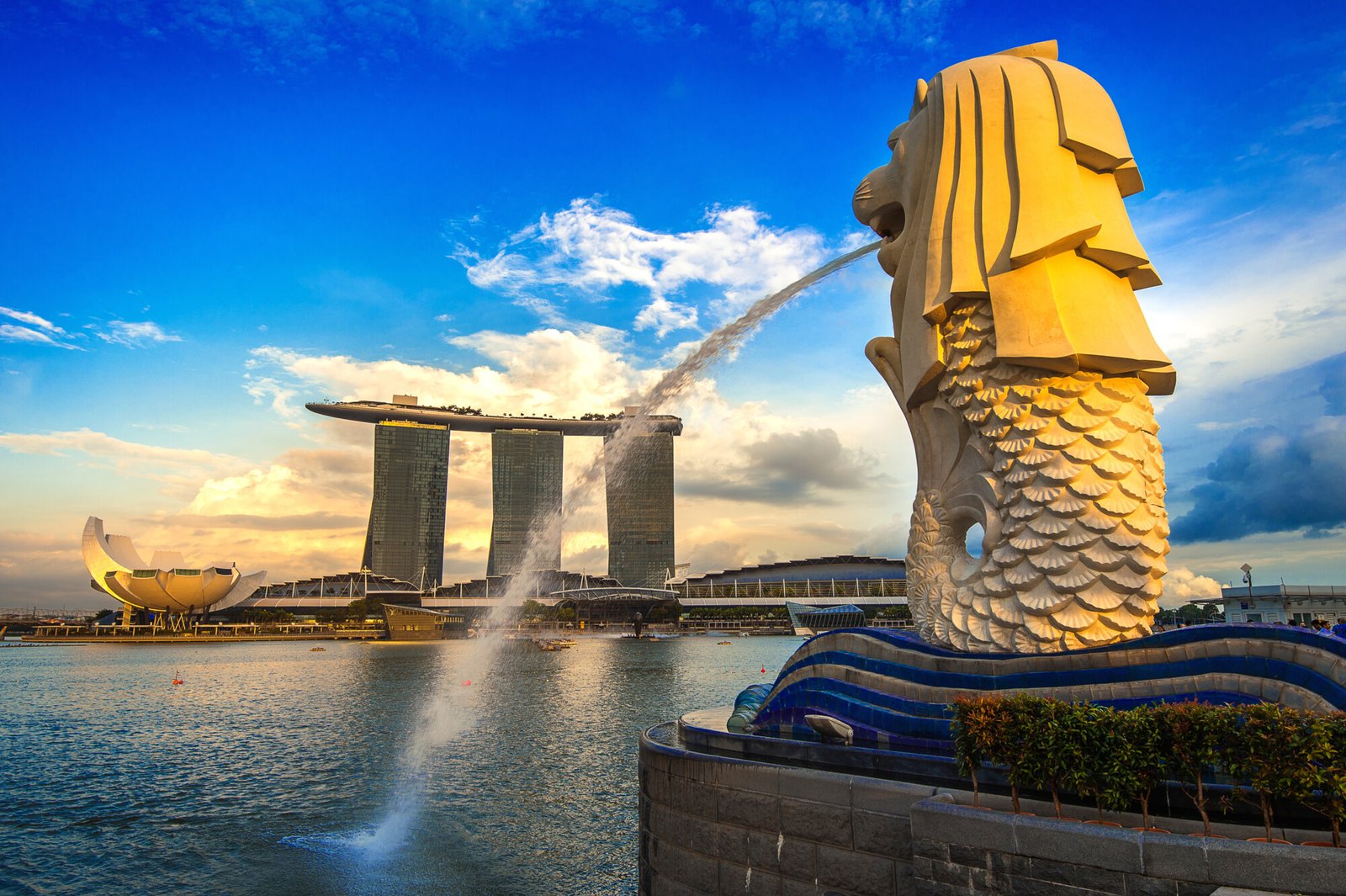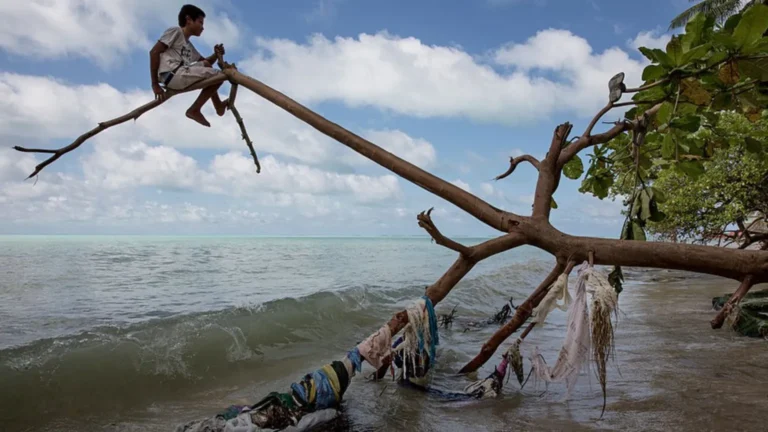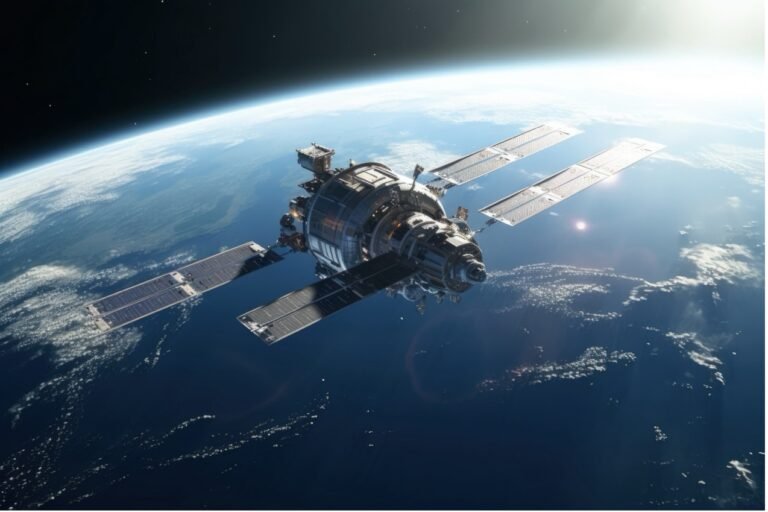- Introduction
In his National Day Message 2024 delivered on 8 August, the Prime Minister of Singapore Lawrence Wong referred to the current status of Singapore:
“[W]e transformed Singapore into a first-world success story…As a developed economy, we cannot expect to grow as rapidly as before…59 years ago, we were a third-world nation with paltry means whether to earn a living or to defend ourselves.”
Wong’s statement seems, however, contrary to his government’s statement elsewhere: when presenting Singapore’s efforts towards achieving the Sustainable Development Goals (SDGs), particularly Goals 17.7, the Singapore Department of Statistics claims quite bluntly as follows:
“Singapore is a developing country and does not provide direct financial support.” (see the statement on the government webpage)
The terms “developed-developing country”, “first-third world”, and similar nomenclature such as “global north-south” are often used interchangeably in literature (see here, here and here, among others). What, then, is the actual developmental status of Singapore? This blog will briefly explore this question in three sectors of international law. These sectors merit attention for being heavily shaped by the developed-developing divide and affect States accordingly.
2. Singapore’s Developmental Status in (Some Fields of) International Law
Different fields of international law provide their specific methods for approaching the developmental status of States (see my previous blogpost). The following part of this blog will explore Singapore’s status of development in International Trade Law, Climate Change law, and the Law of the Sea. It will further show the nuanced approach adopted by Singapore and the controversy around it.
21. International Trade Law
The World Trade Organization (WTO) allows its Member States to determine their status by self-designation (see WTO webpage). Singapore, despite its outstanding economic achievement, reaffirmed its status as a developing country WTO member in a recent press release by the Singapore Ministry of Trade and Industry:
“As a small economy with no natural resources and a high reliance on global trade, Singapore is a developing country WTO Member.”
Notably, Singapore indicated in this press release that it does not take advantage of the Special and Differential Treatment (SDT) attached to the developing country status at the WTO in negotiating agreements because “all Members should take on commitments commensurate with their abilities”.
This might seem strange: Singapore insists on its developing status while giving up the most obvious and direct benefits. From an international law perspective, the motive of this stance is unclear and is beyond the purpose this short blog’s analysis.
2.2 International Climate Change Law
The United Nations Framework Convention on Climate Change (UNFCCC) is the fundamental international treaty addressing climate change. Negotiated by States, it is attached with two annexes listing States that are considered to be developed. Neither list includes Singapore, so the answer is clear here: Singapore is a developing country in international climate change law.
However, this legal certainty is not immune to disputes. An interesting debate on this issue took place in Singapore in 2023. It is reported that a Member of Parliament (MP) raised questions to Grace Fu, the Minister for Sustainability and the Environment, about Singapore’s status as a developing country in climate change issues.
In the debate, the MP considered Singapore a developed country for its “size of economy”, “GDP per capita” and “income”. The MP thus questioned the government’s stance on being a potential claimant from the Loss and Damage Fund established at the 27th Conference of the Parties of the UNFCCC (COP 27). In response, Minister Fu stressed on the risk faced by Singapore, as a small island State, in being negatively affected by climate change.
Interestingly, according to the report, Minister Fu mentioned that the Paris Agreement provides “a clear definition of who the developing countries are and who the developed countries are”, and Singapore is not in the latter category.
This statement is not accurate. The Paris Agreement per se does not provide any definition, let alone a clear one, in determining the status of States. Indeed, the Paris Agreement is adopted “in pursuit of the objective of” the UNFCCC (see paragraph 4 of the Preamble of the Paris Agreement), and it can therefore be inferred that the Paris Agreement adopts UNFCCC’s lists of developed countries, in which Singapore is absent.
23. The Law of the Sea
The United Nations Convention on the Law of the Sea (UNCLOS) includes some provisions according to which developing countries are entitled to preferential treatment. However, it does not articulate a definition for developing countries nor does it have a list.
This unclarity leaves the door open for interpretation. For instance, in the recently concluded Advisory Proceeding on Climate Change before the International Tribunal for the Law of the Sea (ITLOS), Singapore submitted a written statement to introduce its implementation of obligations in assisting developing countries under Article 202(a) of the UNCLOS:
“For example, the Singapore Cooperation Programme offers technical assistance courses in topics including mitigation policies and technologies.” (see footnote 73 on page 21 of the written statement)
If we take a closer look at the introduction webpage of this specific programme:
“Singapore has provided technical assistance to other developing countries since the 1960s…to share Singapore’s development experience with other developing countries.”
The word “other” here is intriguing. Consulting the Oxford English Dictionary, “other” means “one of the two”. So, from a usual reading of the text, the statement above creates a sense that Singapore is a part of the developing world, and it is helping its fellow developing countries.
3. Conclusion
Prime Minister Wong’s hint at Singapore’s status as a developed country appears to be inaccurate from an international law standpoint: Singapore is a developing country in International Trade Law and International Climate Change Law, although this status is under debate both domestically and internationally. Considering the Law of the Sea, Singapore’s developmental status is unclear, but Singapore implies in its statement submitted to the ITLOS that it is a developing country. Moreover, the case of Singapore shows a flexible approach to the developing-developed country divide: a State may insist on its developing country status while renouncing preferential treatment to which it is legally entitled under the status. The motive in international law behind this nuanced strategy remains to be answered by future research.
Author
Huang Fan is a PhD student of Public International Law at the National University of Singapore.





